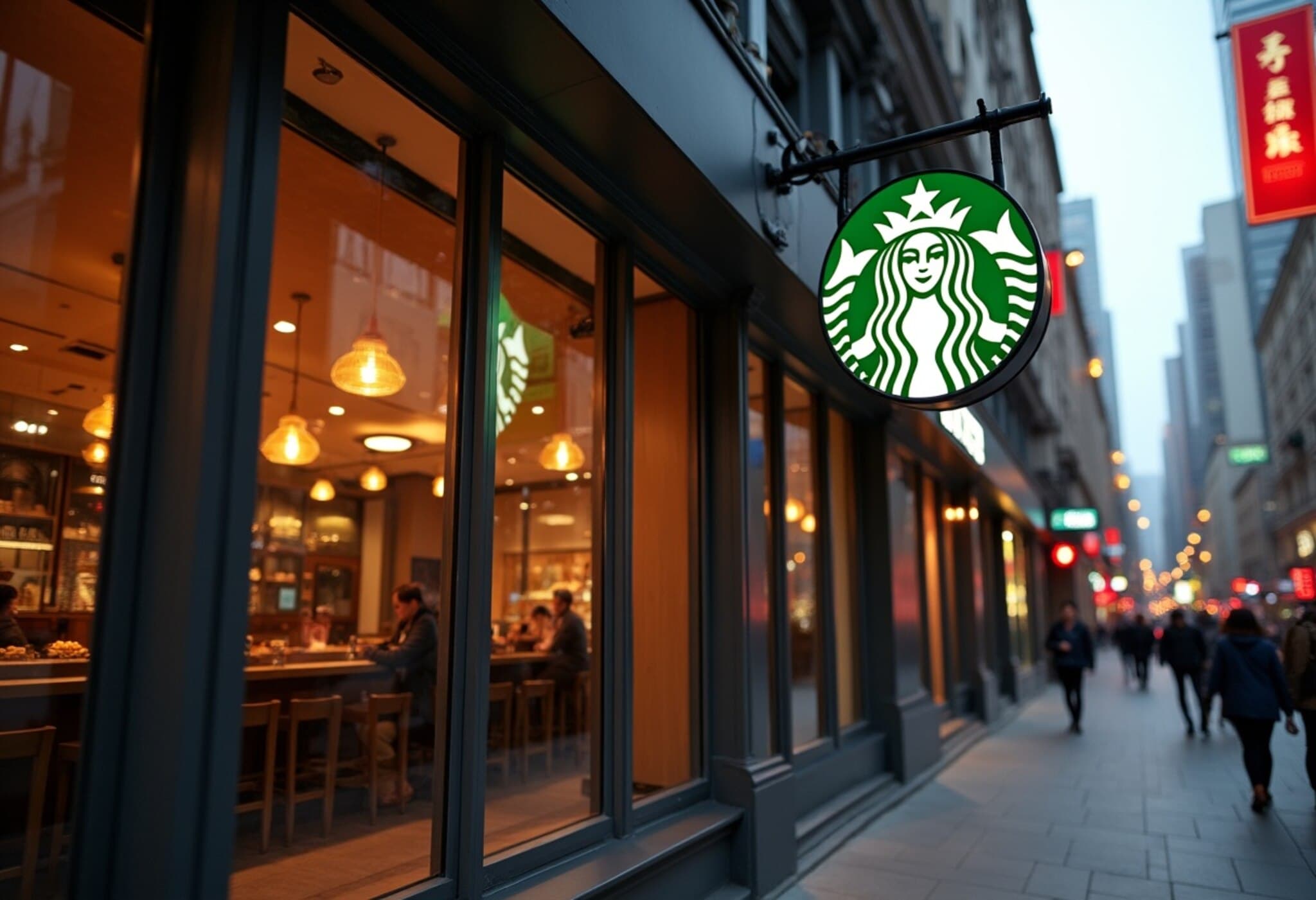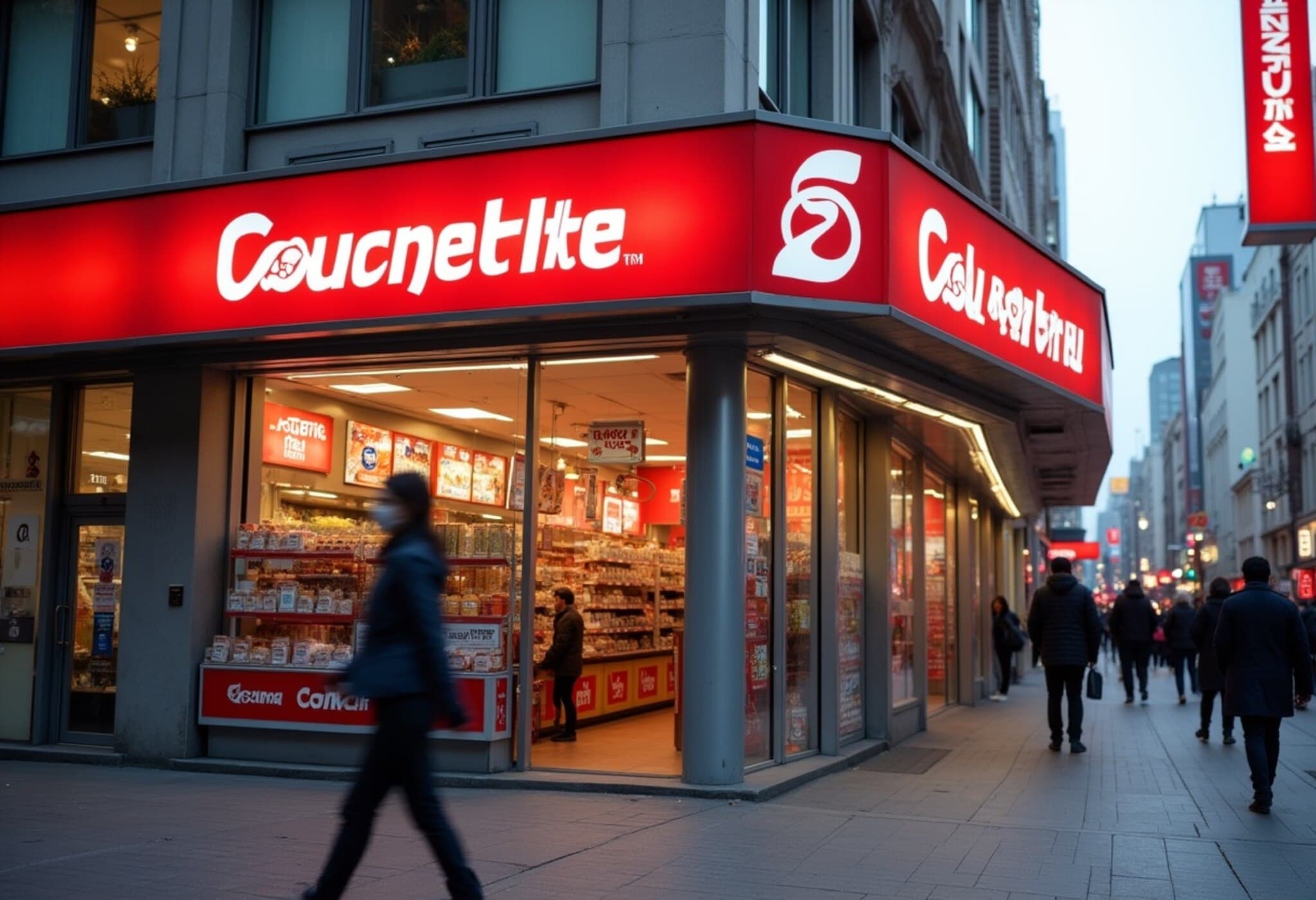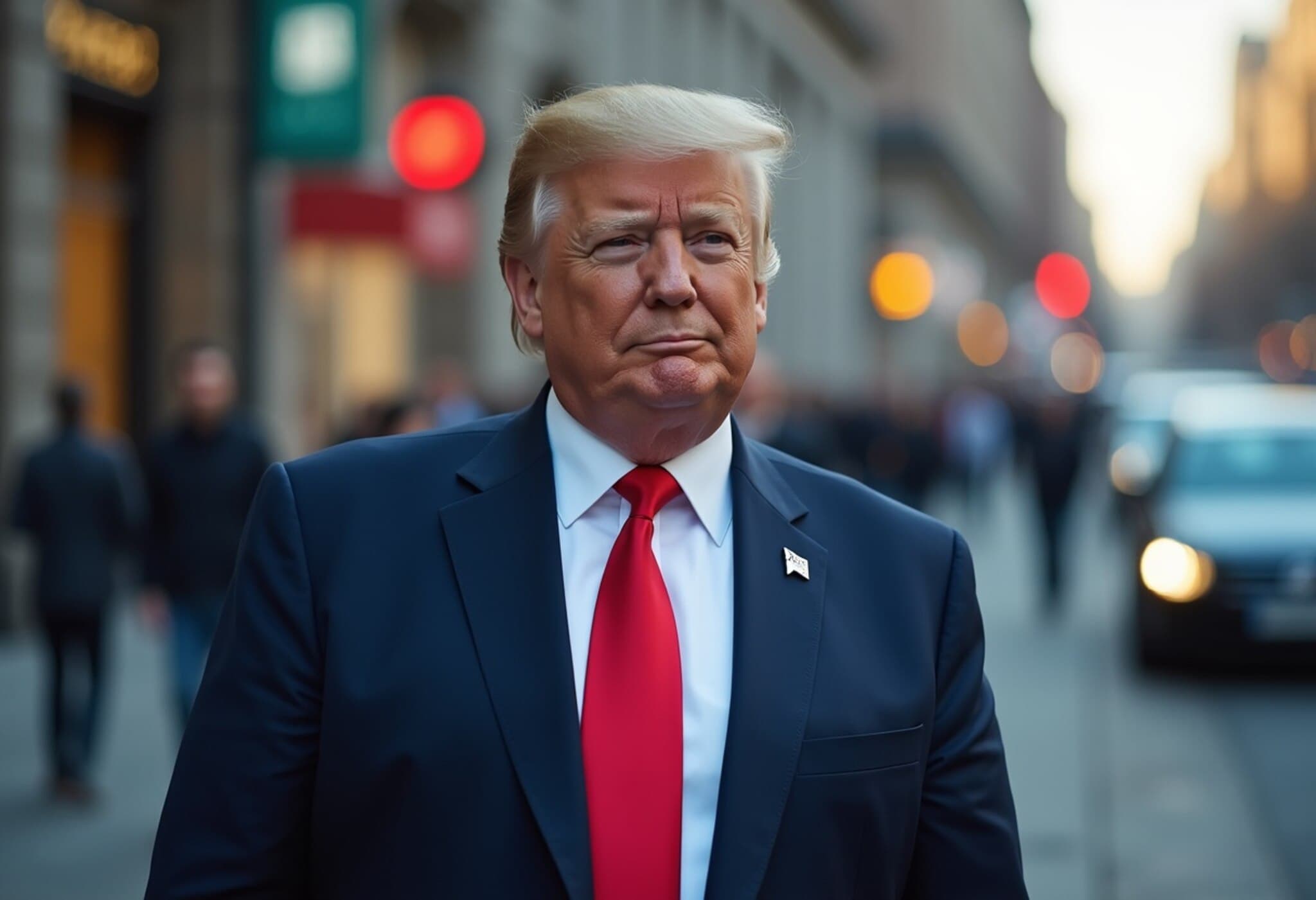Starbucks China Attracts High-Value Bids Amid Strategic Stake Sale
In a significant move reflecting both opportunity and caution in China's competitive coffee market, Starbucks' China business has sparked intense interest from investors, with bids reportedly valuing the division up to $10 billion. Sources familiar with the deal process reveal that nearly 30 private equity firms, both domestic and foreign, have submitted non-binding offers spanning valuations from $5 billion to $10 billion, signaling robust competition for one of the world's most prominent coffee markets.
Evaluating Strategic Partnerships, Retaining Long-Term Commitment
Starbucks is carefully reviewing these proposals, exploring deal structures and future growth strategies before narrowing down the list of potential buyers. A Starbucks spokesperson emphasized the company's intention to maintain a meaningful stake in its China business, underscoring a commitment to continued involvement in this pivotal market.
"Any deal must make sense for Starbucks business and partners," the spokesperson stated. "We see significant long-term potential in China and are evaluating the best ways to capture future growth opportunities with a strategic partner sharing our vision for a premium coffeehouse experience."
Industry insiders suggest Starbucks could retain about 30% ownership, with the remainder split among several investors, each holding less than that threshold, allowing the company to stay influential while capitalizing on collaborative growth.
High-Profile Investors and Market Dynamics
The bidding consortium reportedly includes major players such as Centurium Capital (majority shareholder of Luckin Coffee), Hillhouse Capital, and leading U.S. private equity firms Carlyle Group and KKR & Co., highlighting the high stakes of this auction.
In the face of tepid dealmaking amid China’s economic headwinds, asset managers are eager to deploy 'dry powder' — unused capital — making Starbucks China a highly attractive target. As one private equity veteran observed, “Securing a deal now is as much about signaling strength as it is about securing returns.” This competitive pressure is likely to push valuations toward the higher end of the current range.
Goldman Sachs is steering the sale process as financial advisor, ensuring a disciplined approach to this complex and evolving transaction.
Learning From McDonald's Playbook: Retail Strategy in China
Starbucks’ partial stake sale echoes McDonald’s 2017 strategy, when the fast-food giant sold controlling stakes in its China and Hong Kong units but retained a substantial shareholding. McDonald’s later reclaimed a larger share, reinforcing its influence while tapping into local partnerships for agile growth. Experts suggest Starbucks is likely following a similar playbook to ensure it remains connected to China’s dynamic marketplace.
Notably, Starbucks has been clear that it is not pursuing a full exit, signaling ongoing confidence despite mounting challenges.
China Challenges: Competition, Consumer Shift, and Cost Pressures
Despite Starbucks’ strong brand, the company faces a trifecta of hurdles in China: fierce competition from local chains like Luckin Coffee and popular tea brands, a consumer base increasingly price-conscious amid economic uncertainties, and rising operational costs, especially rental fees for prime store locations.
Market analysis shows Starbucks’ market share in China plunged from 34% in 2019 to just 14% in 2024. The company’s same-store sales at home have stagnated, forcing it to innovate. Recent strategies include launching sugar-free options and offering its first price cuts on select beverages — a bold move aimed at recapturing budget-sensitive customers exploring the non-coffee market.
Starbucks CEO Brian Niccol highlighted these adaptive measures, emphasizing cultural relevance and pricing as key to reconnecting with mainland consumers.
Strategic Implications and Future Outlook
For potential investors, the Starbucks China deal is a study in balancing global brand cachet with localized agility. Successfully navigating cultural nuances, consumer preferences, and regulatory terrain is essential — a fact underscored by Starbucks’ recent leadership change appointing Molly Liu, who previously headed the company’s digital division in China.
Analysts underline the challenge multinational firms face due to differing perceptions and operational approaches between headquarters and local teams, which can hinder swift, market-relevant decisions.
Ultimately, bringing in trusted local partners with deep market expertise may prove vital in reaccelerating Starbucks’ growth trajectory in China’s fast-evolving consumer landscape.
Editor’s Note
Starbucks China's ongoing stake sale underscores a larger story about foreign enterprises adapting to China’s shifting economic and consumer realities. While the robust valuation and investor interest paint a picture of opportunity, challenges like competitive pressure, consumer behavior shifts, and cost structures demand nimble leadership and strategic partnerships. Observing how Starbucks navigates these dynamics offers valuable lessons on global-local business integration and resilience in emerging markets.
- Will Starbucks' strategy to retain a significant stake while welcoming new partners set a precedent for other foreign brands?
- How will evolving consumer preferences in China influence global coffee market trends?
- Can strategic local alliances effectively bridge operational gaps to accelerate growth?
These questions remain critical as Starbucks charts its future in what remains one of its most promising yet challenging markets.














